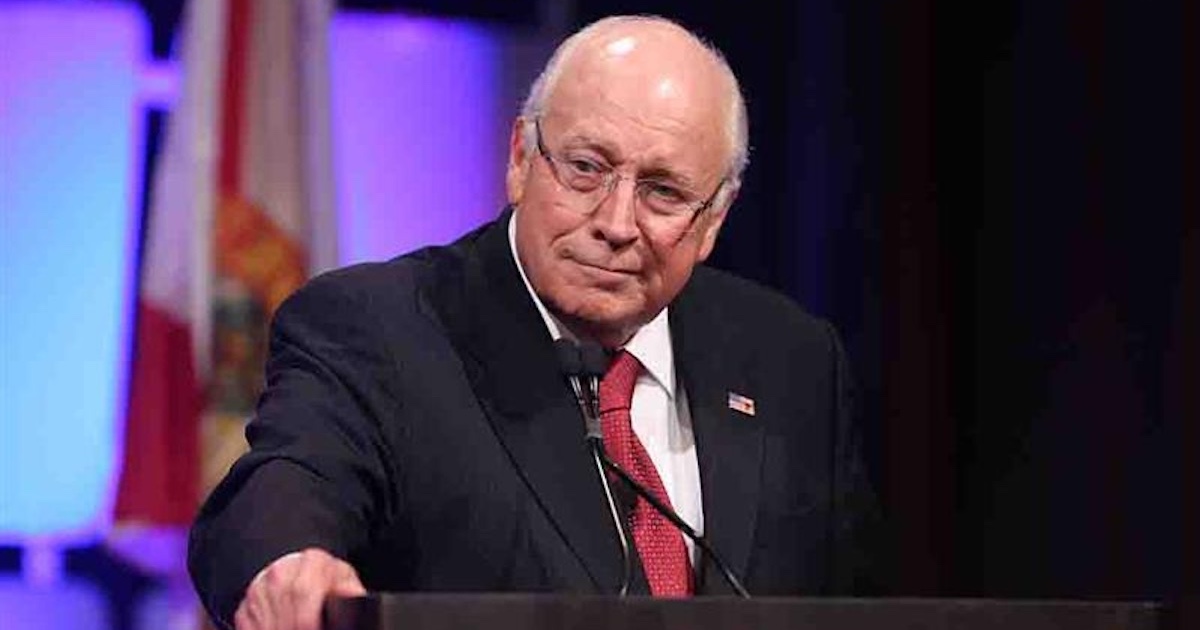For mHealth entrepreneurs looking to develop apps that meet FDA specifications, what better resource is there than those who have already gone through the process?
The mHealth Regulatory Coalition, in a partnership with U.S. Food & Drug Administration, mHIMSS, the Wireless Life Sciences Alliance and several other mHealth groups, is solving that problem with a series of meetings at universities around the country. "The MMA Roadshow: Managing App Development under FDA Regulation," began this week at the University of Illinois in Chicago and has seven more scheduled events through June.
Bradley Merrill Thompson, a partner with Epstein Becker Green, adviser to the MHRC and chairman of the roadshow's steering committee, said the goal of the roadshow "is to advance patient care by encouraging the development of apps at the higher benefit/high risk end of the spectrum."
"Mobile apps offer incredible opportunities to improve the quality of care, as well as its effectiveness and efficiency, and so far developers have barely scratched the surface," he said. "We hope to help more companies enter this space."
“We’ve all seen it in our everyday lives – mobile devices and applications have changed the way we live, work and play – and they could foster a significant change for the better in healthcare,” said Rob McCray, CEO for the San Diego-based WLSA, in a press release. “Developing mobile apps that meet FDA guidelines can be used for the diagnosis and treatment of illnesses, thereby improving patient care.”
Thompson said the FDA's final guidance on regulation of mobile medial apps, released on Sept. 25, 2013, clarified just which apps would fall under FDA regulation, but still left many innovators wondering whether they fall under the agency's purview.
"Many of the medical-related apps developed so far address low risk needs such as basic tracking and trending of health data, but there are huge opportunities to use apps for more serious purposes such as managing cardiovascular disease," he said. "However, with these greater opportunities come greater risk and the likelihood of FDA regulation. The consortium wants to help traditional medical device companies and IT companies looking to bring their technology to healthcare understand the process for innovating in this regulated space. The MMA Roadshow will help demystify the FDA requirements for new entrants, and identify best practices among those already producing regulated apps. At the same time, the consortium hopes to spur economic development in an area where the U.S. has a clear advantage globally."
Thompson said the roadshow will draw from the more than 100 companies who have successfully navigated the FDA process, as well as experts in both U.S. and EU regulatory environments and federal officials. He said universities were chosen to host the sessions because "these universities all act as hubs for innovation, training the next generation of developers and indeed themselves generating potentially life-saving technology that can be transferred to industry for commercialization."
Each four-hour program will include about 15 speakers and cost $100 per person, $50 for members of the sponsoring organizations, or free for faculty and staff of participating organizations.
Thompson said each program will include two panels – one consisting of industry people who have achieved FDA compliance, and one of industry people who help guide developers through the process. Guest speakers will include Bakul Patel the FDA's senior policy advisor; Thompson and Kim Tyrell Knott, also a partner in Epstein Becker Green; and Erik Vollebregt, an Amsterdam attorney (speaking via Skype) who is well-versed in the EU's regulatory guidelines.
The upcoming roadshow schedule is as follows:
- January 23 – Johns Hopkins University
- January 27 – The University of California San Diego
- January 28 – Stanford University
- January 31 – The University of Texas at Austin
- March 20 – Massachusetts Institute of Technology (MIT)
- May 6-8 – The mHealth Europe Summit in Berlin, Germany
- June 12-13 – The HIMSS Innovation Center in Cleveland
Thompson said the first session drew roughly 85 attendees, while most of the other sessions already have at least 100 planning to attend. The coalition is also looking at other sites for future sessions, including one in Israel.
Aside from the WLSA and mHIMSS, other industry association members are the Association for Competitive Technology (ACT), The American Telemedicine Association, the Consumer Electronics Association, the Continua Health Alliance, the CTIA, the Food and Drug Law Institute, the GSMA, the National Venture Capital Association and the Regulatory Affairs Professionals Society. The MHRC and Epstein Becker Green are listed as content providers, and the FDA the coalition's government member.


